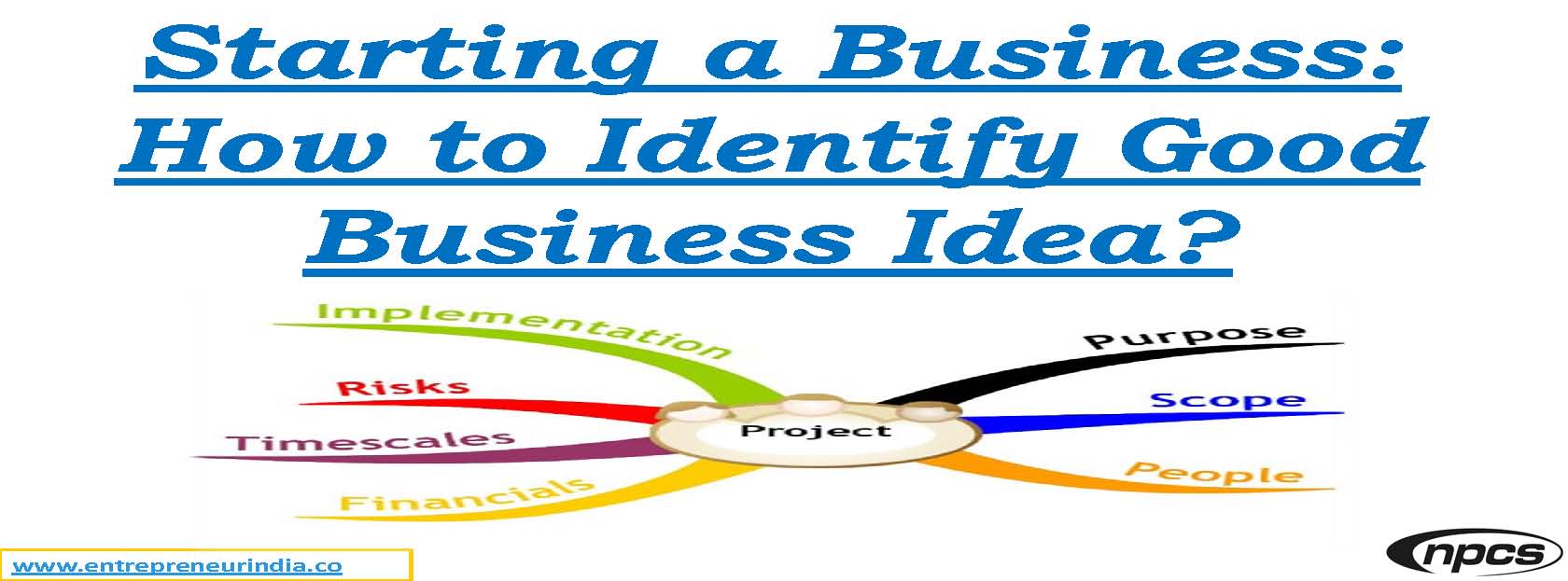
In a world full of endless possibilities, choosing a good business idea is often the first and most important step toward financial independence and entrepreneurial success. But what exactly defines a business idea as “good”? Is it creativity? Profit? Simplicity? The answer lies in how well the idea solves a real problem, matches your skills, and serves a market need.
Identifying a good business idea is not about reinventing the wheel. It’s about finding something meaningful that can create value for others—and revenue for you. Whether you’re a student looking for a side hustle, a homemaker exploring self-reliant income, or a full-time professional planning to break away from the 9-to-5, this guide will help you follow a structured path to find and validate a strong business idea.
Contents
What Is a Good Business Idea?
A good business idea doesn’t have to be the most original or innovative—it needs to work. It should solve a problem, serve a specific group of people, and be realistic based on your resources and knowledge.
Here are five key signs of a good idea:
-
Solves a real-world problem
Businesses that fix problems people care about tend to succeed. Whether it’s helping busy parents with meal planning or offering affordable tech repair, people pay for solutions. -
Has market demand
A good idea must have potential customers who are willing to pay. Without demand, even a brilliant idea will fail. -
Matches your skills and interest
If the business aligns with your strengths or passions, you’ll be more motivated and confident in running it. -
Offers profit potential
The idea should generate enough revenue to cover your costs and leave a margin for profit. -
Is scalable
Over time, a good idea can be expanded, replicated, or improved to grow.
Not all ideas check every box—but the closer you get, the more likely you are to succeed.
See More : Notebook Manufacturing
1. Begin with Self-Discovery
Before looking outward, start by looking inward. You are the biggest asset in your business. Your interests, strengths, and experiences can help you find a business idea that not only works—but is enjoyable and sustainable.
Ask yourself:
-
What am I good at?
-
What do I enjoy doing?
-
What skills have I picked up in school, work, or hobbies?
-
What problems do I often solve for others?
For example, if you love baking and often make cakes for friends and family, that could be the start of a home-based bakery. If you enjoy fixing things, a mobile repair service might be your entry point.
The key is to match what you already know or love with a marketable service or product. Many successful businesses were born from hobbies, personal skills, or everyday frustrations.
2. Observe Your Surroundings
Some of the best ideas are right in front of you. Pay attention to your community. What are people complaining about? What are they looking for? Are there services or products missing?
This process is called problem spotting. Every inconvenience is a business opportunity in disguise.
Examples:
-
No good delivery options in your town? Start a local courier service.
-
Many job-seekers around? Offer resume-writing or interview coaching.
-
Growing children in the neighborhood? Start an activity class or tuition center.
Real-life observations often lead to practical, low-risk business ideas. A good business idea doesn’t have to be grand—it just needs to serve real needs in real-time.
3. Study Market Trends and Demands
The market speaks—if you listen. Researching trends can help you discover ideas that are already gaining popularity. Use the internet, social media, and online tools to understand what people are buying, searching for, or discussing.
Try these methods:
-
Use Google Trends to see what’s trending in your country or region.
-
Visit Amazon bestsellers to find in-demand products.
-
Join Facebook groups or local community forums to hear what people are struggling with.
-
Explore YouTube, Instagram Reels, or Pinterest to spot lifestyle trends.
Trends that combine with your skills can result in a highly targeted, effective business. For instance, if you enjoy crafts and notice a rising trend in eco-friendly packaging, you could create handmade paper bags or boxes for local businesses.
Combining market knowledge with self-awareness creates a strong foundation for discovering a good business idea.
4. Validate Before You Invest
It’s easy to fall in love with your idea, but it’s crucial to test it first. Validation helps you ensure people will pay for what you’re offering. It saves time, money, and frustration.
Here’s how to do it:
-
Talk to potential customers – Ask friends, family, or people in your target group if they would use your product or service.
-
Make a prototype or sample – If you’re selling a product, make a few samples. For services, offer a trial version or free session.
-
Ask for feedback – Let early users give you suggestions. Their feedback helps you refine and improve.
-
Monitor competition – If others are already doing it, observe what they’re doing right—and what they’re missing.
Example: Suppose you want to start a pet-sitting business. Try offering the service to 3–5 pet owners you know and ask for reviews. Their response will guide your pricing, marketing, and service features.
A good business idea is one that gets positive feedback and shows signs of actual demand before you fully launch.
5. Build a Simple Business Plan
Once you’ve validated your idea, put it into a simple business plan. It doesn’t need to be fancy or technical. A 1–2 page summary is enough to guide your actions.
Here’s what to include:
-
Business name and concept
-
What are you offering and who is it for?
-
-
Target customers
-
Age, location, needs, and buying behavior.
-
-
Pricing and revenue plan
-
How will you make money? What are your costs and expected profit?
-
-
Marketing plan
-
How will people hear about your business? (Social media, word of mouth, posters, etc.)
-
-
Resources needed
-
What do you need to start? (Equipment, internet, space, raw materials)
-
Example:
Business Idea: Homemade pickles for working professionals.
Target Audience: Office-goers in urban areas aged 25–50.
Marketing: Instagram, word of mouth, WhatsApp groups.
Cost: ?200 per kg, selling at ?350/kg.
Startup Needs: Ingredients, jars, labels, kitchen space.
Writing this down helps you stay focused and gives you clarity on how to move forward.
Bonus: 10 Practical Good Business Ideas You Can Start Now
If you’re still unsure, here are some proven and practical ideas that have worked for many people across India:
-
Online coaching or tutoring – Teach languages, math, computer skills, or anything you’re good at.
-
Homemade snacks or tiffin service – Serve working professionals and students.
-
Mobile and laptop repair – Always in demand in cities and towns.
-
Digital marketing services – Social media handling, content writing, or SEO.
-
Event planning or decoration – Birthdays, small weddings, and local festivals.
-
Handmade products – Soaps, candles, gifts, or crafts.
-
Affiliate marketing or blogging – Earn from content online.
-
Graphic design or video editing – Perfect if you have creative skills.
-
Fitness training or yoga classes – Start from home or online.
-
Reselling via Meesho or Amazon – Low investment, home-based income.
Any of these can become a good business idea when adapted to your local market and interests.
See More : Cottage Industry
Conclusion
Finding a good business idea is not about luck—it’s about looking inward, observing outward, and taking small, smart steps. Great businesses start from simple beginnings, built by people who identified a need and decided to take action.
To recap:
-
Start with your skills and interests
-
Spot local problems and market gaps
-
Research trends and customer needs
-
Test your idea with real feedback
-
Build a basic business plan to stay focused
Most importantly, take action. Don’t wait for the perfect moment or perfect idea. Start small, learn, and improve. Your journey to becoming a successful entrepreneur begins with just one good business idea.














